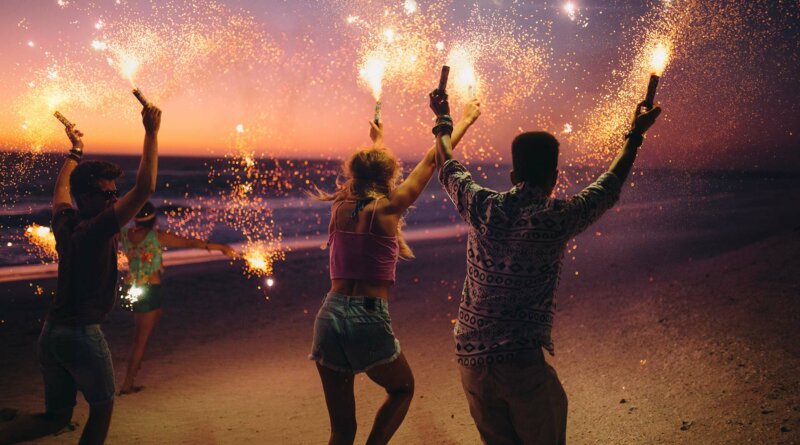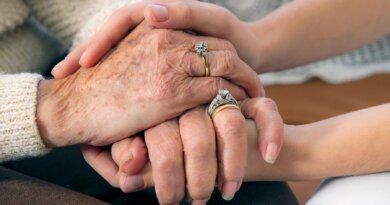Fireworks Take the Backyard as Public Shows Cancel
July 2, 2020 — As public Fourth of July fireworks cancel amid coronavirus, many Americans are redirecting the show to their backyards.
William A. Weimer, vice president and general counsel at Phantom Fireworks Companies, says this is a year unlike any other. “There has been a tremendous increase in firework interest, and a tremendous increase in sales. It’s something we never expected or experienced,” he says.
It’s not just Phantom, either. The American Pyrotechnics Association, which represents the fireworks industry, says overall sales are breaking records.
“The APA predicts an all-time high in backyard consumer fireworks sales and use as families prepare to celebrate Independence Day at home due to the pandemic and cancellation of large public celebrations,” says Julie L. Heckman, the association’s executive director, in a news release.
Some companies have seen sales jump 200% to 300%, Heckman told CNBC.
The country’s largest firework retailer, Phantom has increased safety information in its showrooms and website with displays, pamphlets, videos, and tips.
In addition to rules such as having water nearby, the company urges users to make sure fireworks are placed on sturdy, level ground, to stand far away, and wear eye protection. Celebrators must also ensure that the person controlling the fireworks is unimpaired — that is, sober.
“Most firework injuries are due to misuse and abuse,” Weimer says. “You should have a designated shooter, just like you would a designated driver.”
Alcohol should never be around the explosives, as it creates a recipe for combustion. And we’re not just talking about the kind you drink. In this age of coronavirus, the warning extends to other items with high alcohol content, such as hand sanitizer.
In a statement to CNN, National Safety Council (NSC) spokesperson Maureen Vogel advised sticking to washing your hands with soap and water. “Combining flammable items is always a bad idea,” she says. “Keep hand sanitizer away from the fireworks area.”
Safety measures are not limited to large explosives. Sparklers, though small and seemingly less dangerous, still burn at nearly 2,000 degrees, according to the NSC. The agency recommends kids stick to items such as glow sticks or confetti poppers. More than half of the 12,000 fireworks injuries reported in 2017 were in children, the NSC says.



